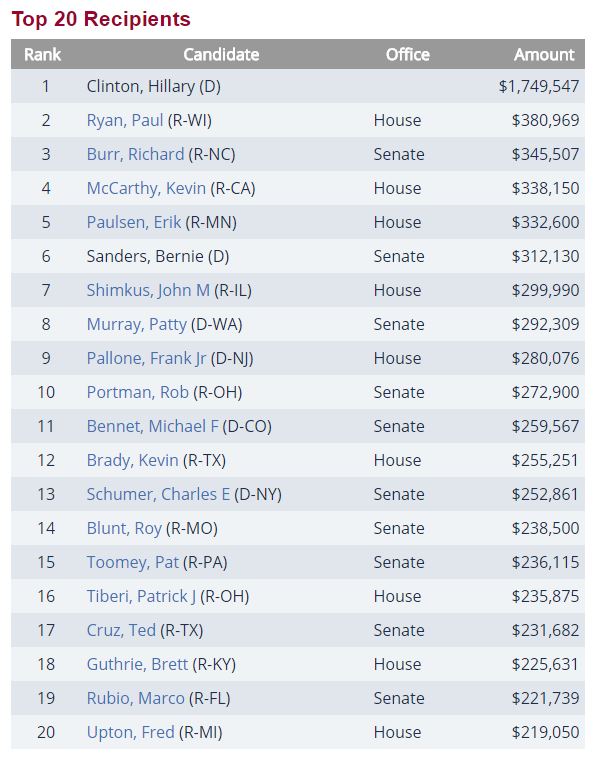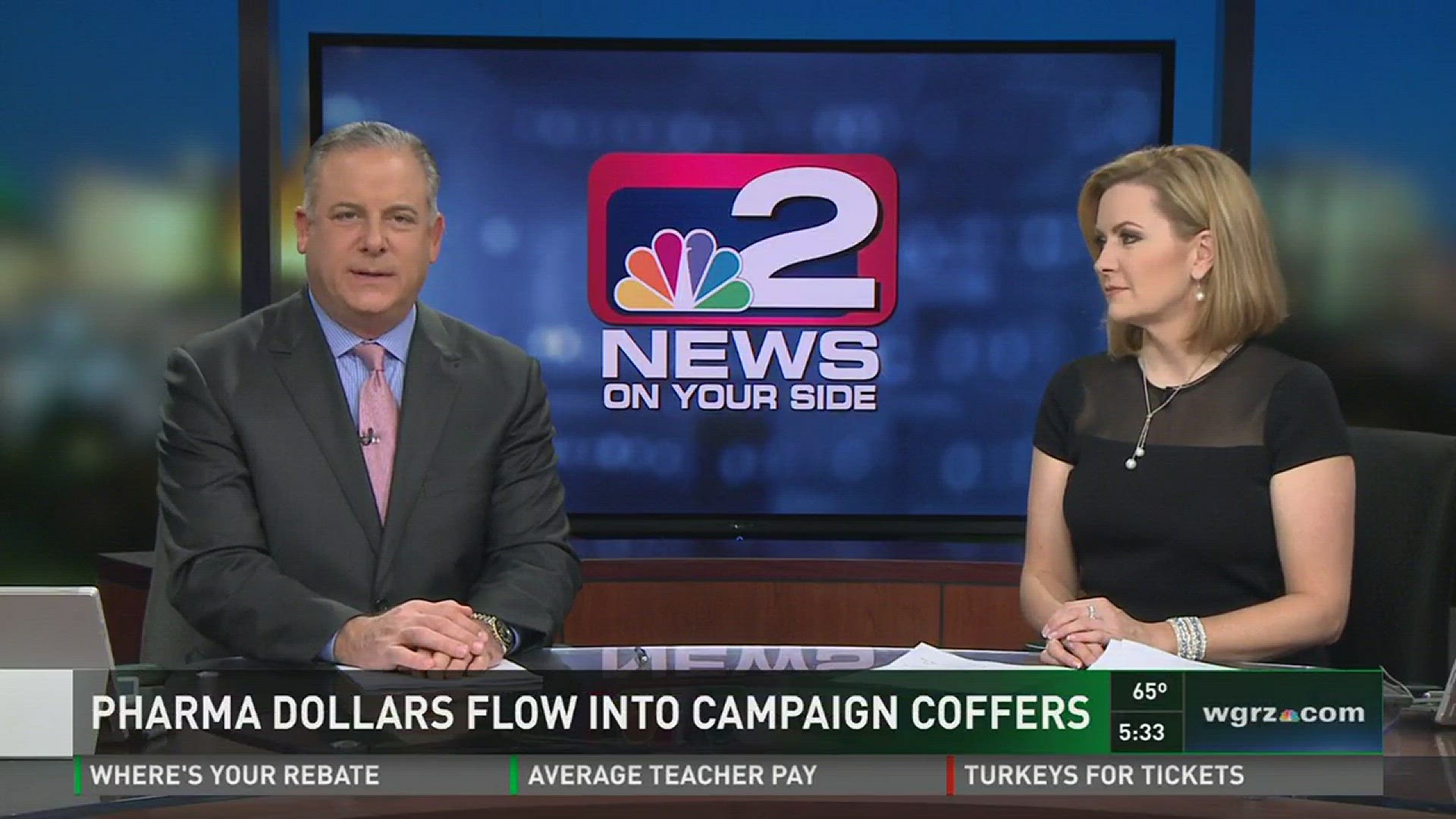It was a Congressional shaming session.
The CEO of Mylan, Heather Bresch, was scolded by House Republicans and Democrats for the pricing on her company's Epi-Pen which had jumped to $300 dollars, reflecting an increase of more than 150% over four years.
In the two months since that Congressional hearing, the price on the Epi-Pen has not budged.
What gives? Turns out, it's Mylan and the rest of America's pharmaceutical industry.
A review by the TEGNA Investigative group of records collected by the Center for Responsive Politics (CRP) found that committee members, collectively, received more than $366,000 in campaign donations from drug companies.
So, we asked CRP, what does Big Pharma get for all that campaign cash? The center's research director Sarah Bryner says it appears the answer is access.
“There have been many stories reported that members of Congress are more willing to meet with an organization or a political action commuter if they donated to their campaign than they are if they did not,” says Bryner.
Who gets the most? Below is a list of the top 20 recipients of campaign donations from drug companies during the 2016 election cycle. Coming in at #13 is New York Senator Chuck Schumer.

Asked to comment, Schumer staff release a statement calling rising drug prices outrageous.
"Prescription drug companies, like Mylan need to bring their prices down. We will try to jawbone the company into doing it, but if not we will look at legislative action,” said Schumer.
Drug company campaign donations to the rest of the Western New York delegation went like this: Senator Kirsten Gillibrand - $145,000; Rep. Tom Reed - $85,000; Rep. Chris Collins - $32,5000; Rep. Brian Higgins - $5,200.

